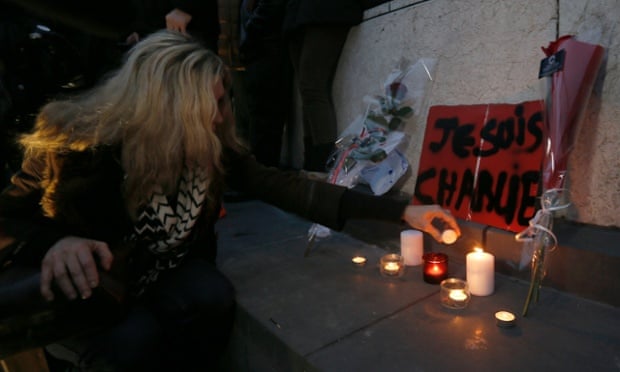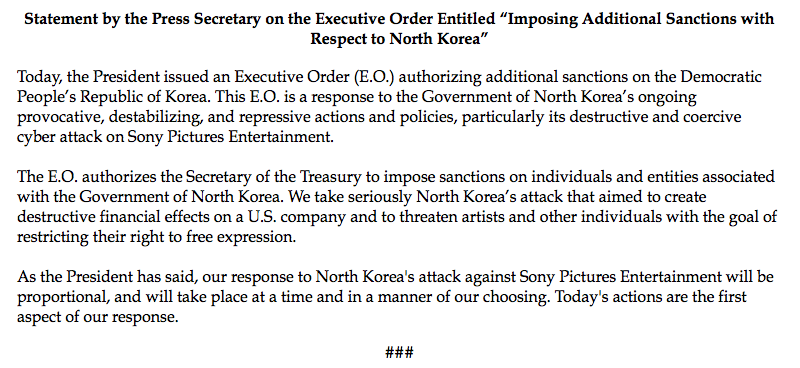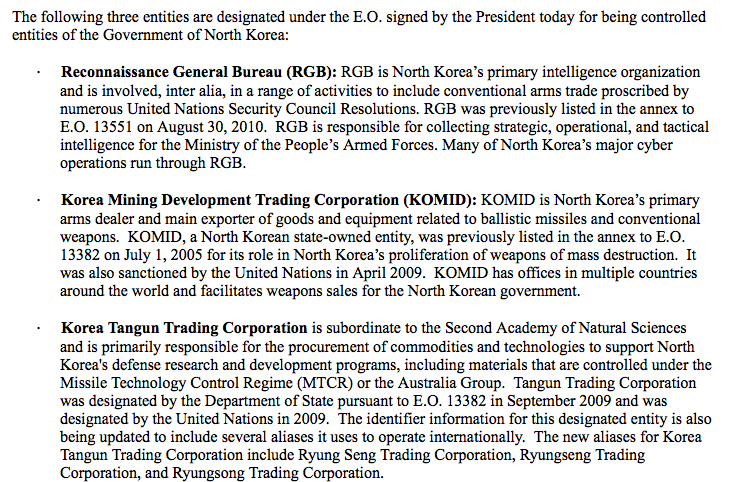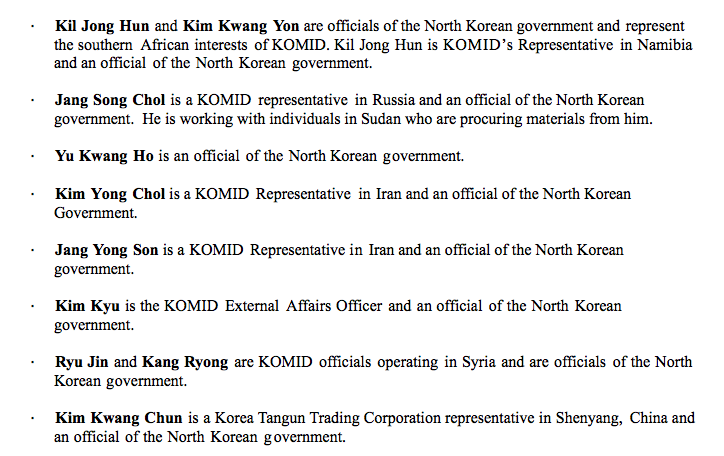Kouachi said on the stand that he was inspired by detainee abuse by U.S. troops at Baghdad’s Abu Ghraib prison, though he was relieved he was stopped. The court said Kouachi had wanted to attack Jewish targets in France, but Benyettou had told him that France wasn’t a “land of jihad” but Iraq was.
Update: 21.30. the three suspects have been identified. It comes from Saïd Kouchi., born in 1980 in Paris, Charles Kouchi., born in 1982 in Paris and Waleed M. Hamyd, born in 1996. All three are originating in Gennevilliers (Hauts-de-Seine). They were reportedly arrested but no official confirmation comes for the hour of the Ministry of the Interior.
21 h 20.According to Metronews, the three suspects have been identified. It would be two brothers of 32 and 34 years, born in Paris, and a young 18-year-old man, whose nationality is not known.
2110. thousands of people gathered Wednesday evening in several European cities, like Berlin, Brussels, Madrid, Vienna or London. In Berlin, they were 500 late afternoon outside the Embassy of France. Near the Brandenburg Gate, in the centre of the German capital, many demonstrators came with candles, waving placards proclaiming “I’m Charlie” or ancient some of Charlie Hebdo. And this sign: “Europe United in solidarity ‘. In Brussels, several hundred people gathered outside the Consulate of France and the European Parliament, where they brandished silently pencils or pens in solidarity. Candles, too, have been lighted, under the sign “I’m Charlie” clings to a statue. A little more than 200 people gathered in Liège. At Trafalgar square, in the heart of London, several hundred people gathered, serious faces, including many French. Many had brought with them placards ‘I am Charlie’ or displayed the message on the screen of their mobile phone.
In Madrid, they were several hundred outside the Embassy of France, in the presence of Ambassador Jérôme Bonnafont. The crowd chanted “freedom of expression, freedom of expression, before singing the Marseillaise in front of a blue-white-red flag. The Socialist former President José Luis Rodríguez Zapatero, was there, too, to show his support. In the Hague, a hundred people gave themselves go to the Spui, in downtown. Some waved french flags while others sang when you have that love, Jacques Brel. Stockholm, 70 people gathered outside the Embassy of France, some with flowers, others of candles.
20 h 57. «»”Trips, stays and outputs school, an exceptional nature, organized by region Île-de-France are, until further notice, suspended”, announced the Ministry of Education by way of press release. Same set sent to mayors, in charge of organizing extracurricular activities. “For the whole of the national territory, the presence of adults to the inputs and outputs is implemented.” A Visual inspection must be done on bags and “special attention is requested in order to avoid any gathering in the vicinity of these institutions.” Finally, the Department asked rectors, in relation to the prefects, to identify schools and sensitive schools. A minute’s silence will be observed in all schools and universities, at noon tomorrow
The gunmen (3) still at large, spoke perfect French. al Qaeda claims involvement. This is militant Islam, where Paris sadly had their own Benghazi. The media operation had unarmed security. Holland immediately called this a terror attack, as French intelligence had already foiled several like operations in recent weeks.
Jihadi chatter abounds now on all social media stating that Paris burns. Close but graphic video perspective is here. Signs are pointing to AQAP. AQAP put the publication on their target list.
Reactions On The Forum Jihadi Media Platform
Members of the pro-ISIS forum Jihadi Media Platform (alplatformmedia.com) lashed out at France. A member called Al-Dia’ Al-Gharib wrote: “France was [once] part of the land of Islam and will return to be the land of Islam, in spite the worshippers of the Cross.” Another, who goes by the name Muhib Al-Salihin, wrote: “France is one of the harshest enemies of Islam and of the Islamic State in particular.” Forum member Abu Al-Qassem Al-Shawqi commented: “[This] is news that quenches the thirst for revenge. By Allah, beloved ones, let us not think lightly of prayers. By Allah, they [the attackers] are soldiers of Allah.” And a member calling himself Abu Bakr Al-Zari’ni remarked: “Congratulations to France and to its people for reaping what their hands sowed. Did these evil cartoonists think that we were a nation that would remain silent in face of those who insult our Prophet…? Did [French President] Hollande and the governments that preceded him think that their interventions and despotism in the lands of the Muslims would not be met with retribution? No, by Allah, from now on the youths of Islam will no longer remain silent, especially since we have a state [ISIS] to mobilize armies if anybody insults the nation of Islam.”
Richard Clarke, the former White House counter-terrorism czar called this operation a military operation complete with AK-47’s and rocket launchers.
The video from a close by roof perspective is here.
Steve Gomez, former head of the Counter-Terrorism Division for the FBI in Los Angeles, said that the attack appeared markedly different from recent “lone wolf” attacks, such as the deadly incident in Ottawa in October.
“Many lone wolves are looking to die. Those are suicide operations. This, Paris, isn’t a suicide mission,” said Gomez, an ABC News consultant. “They went in, shot up people and they’re out. They probably have an escape hatch and, if they’re connected to terrorists, who knows what kind of support system could be helping them out.
French security forces are hunting for three gunmen who stormed the offices of satirical newspaper Charlie Hebdo in Paris, killing 12 people Wednesday. A cartoonist with the publication told a French newspaper of the moment she encountered the two attackers as they entered the office. “When I arrived in front of the door of the building of the paper, two men hooded and armed brutally threatened us,” she said. She indicated that the men spoke French perfectly, and that they claimed to be with al-Qaeda. An estate agent who also witnessed the attack said that, before launching the assault, the attackers approached another man in the street saying, “Tell the media that this is al-Qaeda in the [sic] Yemen.”
Here is what we know so far, as night falls in Paris:
- Two gunmen entered the offices of French satirical magazine Charlie Hebdo and opened fire. Witnesses reported seeing hooded men shouting “Allahu Akbar” and carrying pump-action Kalashnikovs. Police said three attackers were involved, including one who drove a car to the scene.
- Twelve people have been confirmed dead – 10 Charlie Hebdo staff and two police officers. Video footage showed one of the officers being shot at close range as he lay injured on the street. Five others are seriously wounded.
- The attackers are still at large after fleeing the magazine’s offices by car. They abandoned the car in the 19th arrondissement, near the Porte de Pantin metro station, where they hijacked another car, ordering the motorist out.
- The French interior minister, Bernard Cazeneuve, said all measures were being taken “to neutralise these three criminals”.
- Five of the Charlie Hebdo journalists killed in the attack have been named. They are the magazine’s editor and cartoonist, Stéphane Charbonnier, known as Charb; Bernard Maris, an economist and writer on the board of Charlie Hebdo; and three more cartoonists: Jean Cabu, Georges Wolinski and Bernard Verlhac, known as Tignous.
- Crowds are gathering in the centre of Paris and elsewhere in support of Charlie Hebdo and those killed and injured, with many carrying signs declaring #JeSuisCharlie.

I’m now handing over this liveblog to my colleague Tom McCarthy, who will continue with updates throughout the rest of the day. Thank you for reading.
The Queen has sent a message to French president François Hollande:
Prince Philip and I send our sincere condolences to the families of those who have been killed and to those who have been injured in the attack in Paris this moming.
We send our thoughts and prayers to all those who have been affected.
Radio France, Le Monde and France Télévisions have put out a statement saying they will offer staff and other support to help the Charlie Hebdo magazine “continue to live”.
They invite all French media to do the same, “to defend the principles of independence, freedom of thought and expression, the guarantors of our democracy”.



